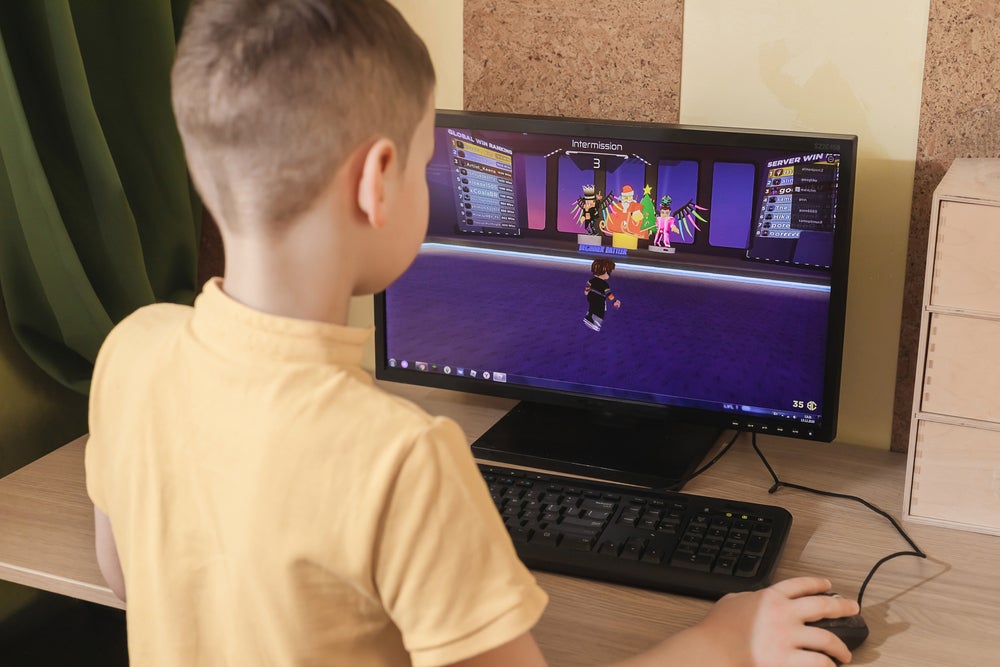The long-awaited Star Citizen has some fans wondering if the game will ever be released.
Announced by Robert Space Industries (RSI) in 2012, the space simulation massively multiplayer online (MMO) game has been in development for over a decade, making the wait time even longer than that of the eagerly awaited Grand Theft Auto (GTA) VI.
Star Citizen is currently in alpha and available for purchase; however, some have reported difficulties getting the game to load. The single-player aspect of Squadron 42, which can be purchased separately, boasts an all-star cast shown in a teaser trailer that rivals a Hollywood movie. RSI has employed various physicists, technology and futurist consultants, and NASA engineers to create a universe simulator where humanity has made space its home.
The era of ‘macro transactions’
Star Citizen is infamous for its funding structure. Using crowdfunding, players can go to the pledge store to purchase merchandise, packages, in-game ships, and even a subscription service. Starting at $20, some ships can reach north of $700.
Star Citizen broke headlines when it released its latest downloadable content (DLC), which would cost fans an eye-watering $48,000. Titled the “Legatus Pack”, the DLC is re-released every year and includes all the ships from the latest patch of the game. These staggering prices have fans pondering the legitimacy of the game and questioning why they would commit such large amounts of money to a game that has yet to be fully released. RSI calls the purchases ‘Pledges’, and states that the money goes towards developing the game. Star Citizen raised a total of $104min 2023, making the total crowdfunding campaign $644m. This has set alarm bells off for fans, with the budget sitting higher than that of games like Cyberpunk 2077, Red Dead Redemption 2, and GTA V combined.
A crowdfunding structure is nothing new, with games like Pillars of Eternity and Bloodstained following the same model. However, large contributions typically come with tangible rewards, not just in-game features. Players have criticised the seemingly ‘pay-to-win’ structure of the title, which heavily favours those willing to make large purchases.
Types of in game purchases
Microtransactions are nothing new and have been around since 2006 when Bethesda infamously sold horse armour for $2.50 in The Elder Scrolls IV: Oblivion. In-game purchasing started even earlier in 2002, with the creation of Xbox Live. Since then, in-play purchasing has come a long way and gamers seem to be losing out more and more. Pay-to-win culture has become the norm.
The shift towards a subscription-based payment structure in recent years has meant that gamers no longer own games outright. While there still are single-purchase games, such as Spider-Man 2 and Hogwarts Legacy, these often come with a heavy price tag making the small fee of a subscription seem like the most economically friendly choice.
There has also been a trend of free-to-play games that offer in-game purchases. Multiplayer games like Fortnite, Apex Legends, and Genshin Impact are free to play, but each has its own in game currency that players can use to make upgrades.
Season passes are also a popular monetisation approach that allows players to enhance their gameplay experience beyond the base game by providing access to exclusive features and storylines. Game that features a season pass such as Call of Duty: Warzone, Assassins Creed Valhalla, and Battlefield 2042 create a fear of missing out (FOMO) where gamers fear being left out of the latest features, making it seem like there is an entirely different game that they’re not a part of.
The future of gaming
Gamers seem to be bearing the brunt of the changing gaming landscape. However, ‘macro transactions’ of the kind seen in Star Citizen are not likely to become standard practice. Game developers are more focused on creating steady revenue streams through microtransactions, subscription-based payment structures, or season passes.
The idea that gamers will completely own the games they purchase is becoming a thing of the past. Philippe Tremblay, director of subscriptions at Ubisoft, stated that gamers need to be more comfortable not owning their games, comparing the move to a subscription model with the shift away from CDs and DVDs in the recent past.
However, gamers may lose out in the long term as costs accumulate, prices gradually rise, and features become overvalued and unused. While the extreme of Star Citizen is not likely to be replicated, the trend of demanding more money for less value in the gaming industry appears to be the standard of the future.








